”Our fate lives within us;
you only have to be brave enough to see it“
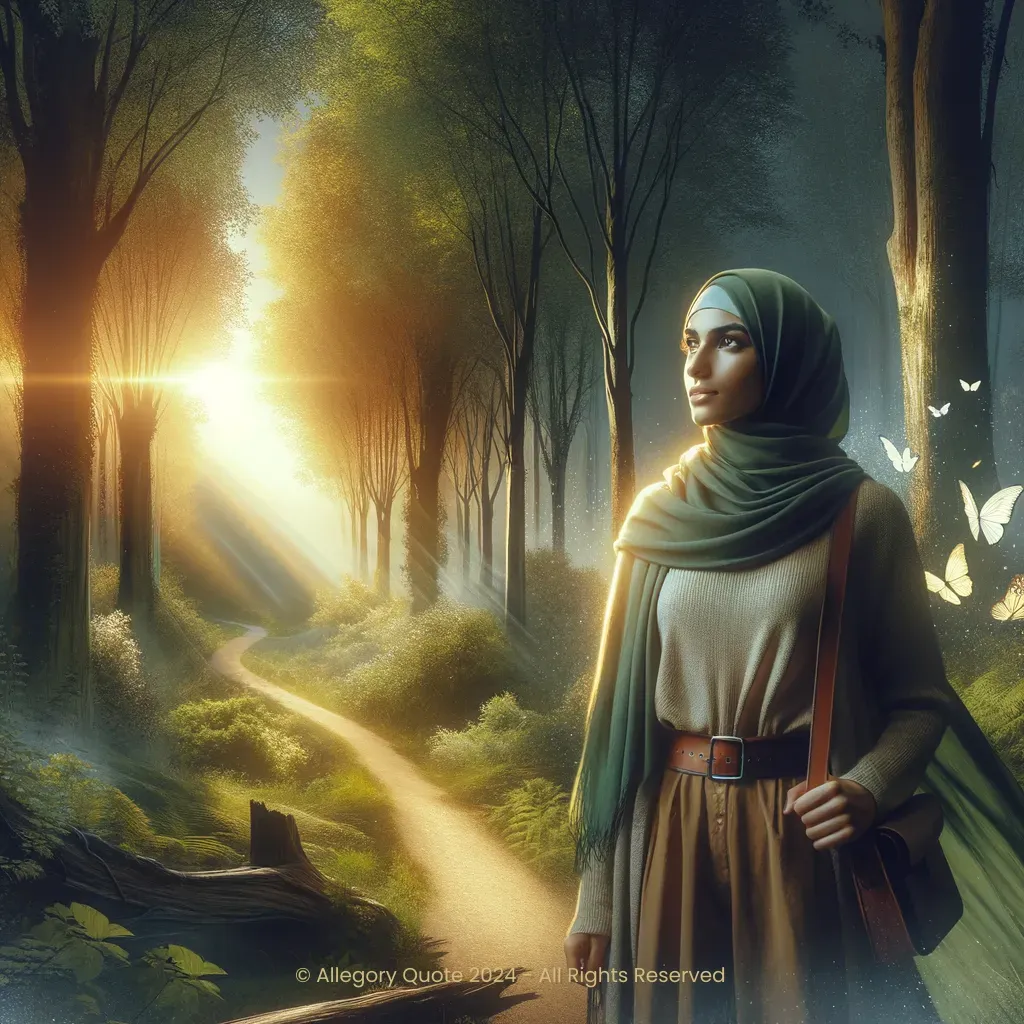
0
0
0
0
- Meaning
- The meaning of this phrase centers around the concept of self-empowerment and courage. Philosophically, it delves into themes of free will versus determinism, suggesting that while external circumstances exist, the individual has the innate power and choice to influence their fate. Psychologically, it encourages introspection and bravery to confront one's innermost desires and fears, leading to personal growth. Historically, this aligns with various self-help and motivational theories that advocate for individual agency and resilience in the face of challenges.
- Allegory
- The image elements resonate with the phrase by illustrating the journey of self-discovery and empowerment. The young woman symbolizes bravery as she stands ready to explore her path, embodying the notion that one's fate is in their hands. The forest represents the unknown possibilities of life, while the sunlight and butterflies evoke feelings of hope, growth, and transformation, reinforcing that embracing one's fate requires both courage and a sense of adventure.
- Applicability
- This phrase can be applied to personal life by motivating individuals to embrace their dreams, confront fears, and take proactive steps toward their goals. In everyday situations, it serves as a reminder to not shy away from asserting one's desires or making difficult decisions, emphasizing that they hold the key to their personal fulfillment and life path.
- Impact
- The impact of this phrase has resonated widely in popular culture, particularly within contexts discussing self-actualization and determination. It has inspired audiences to pursue their passions and face their fears, often quoted in discussions around empowerment and self-discovery. The film 'Brave' itself encouraged conversations about cultural expectations from women and the importance of personal bravery.
- Historical Context
- The phrase emerged in the context of modern storytelling and cinema, reflecting contemporary themes in animation and youth narratives. 'Brave' was released by Disney in 2012, during a period when children's movies increasingly began addressing themes of self-identity and autonomy.
- Criticisms
- Critics may argue that the phrase oversimplifies the complexities of fate and the various forces, both internal and external, that influence an individual's life. Some interpretations might suggest that circumstances such as socio-economic status, mental health, or societal pressures can also significantly shape one's fate, thus challenging the notion of absolute personal agency.
- Variations
- Variations of this phrase exist in numerous cultures, often emphasizing the role of courage and self-overcoming. For example, Japanese proverbs often focus on perseverance ("Fall seven times, stand up eight"), highlighting that fate can be shaped through relentless effort and resilience rather than solely through individual bravery.
-
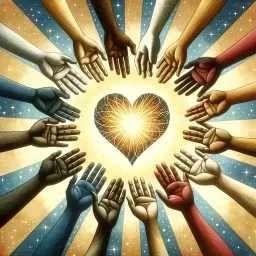
A true hero isn’t measured by the size of his strength, but by the strength of his heart.
-
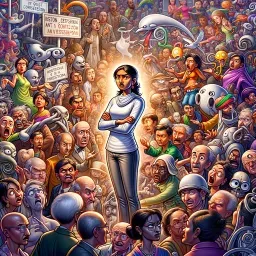
I’m surrounded by idiots.
-

You must be bold, daring.
-

You don’t have time to be timid. You must be bold and daring!
-
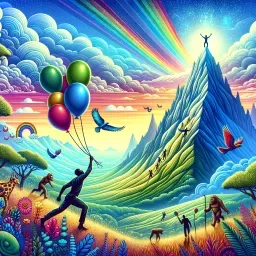
It’s kind of fun to do the impossible.
-
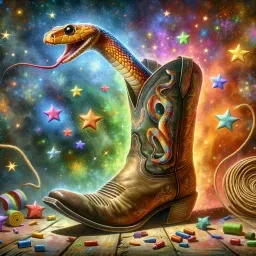
There’s a snake in my boot!
-

I'm the king of the world!
-
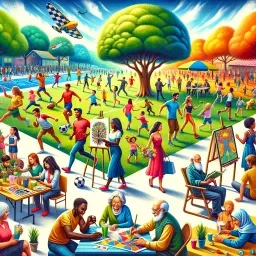
Life’s not a spectator sport.
-
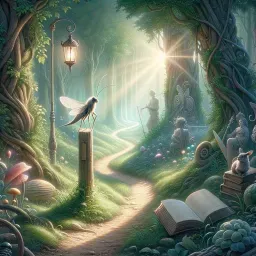
Always let your conscience be your guide.
-
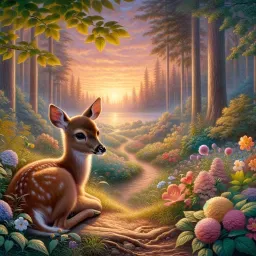
If you can’t say something nice, don’t say nothin’ at all.
-
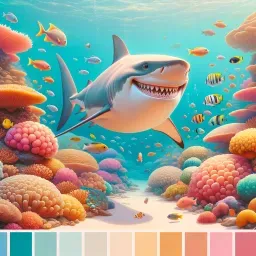
Fish are friends, not food.
-
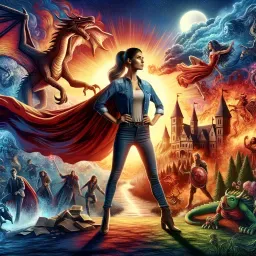
I’m a damsel, I’m in distress, I can handle this.
No Comments